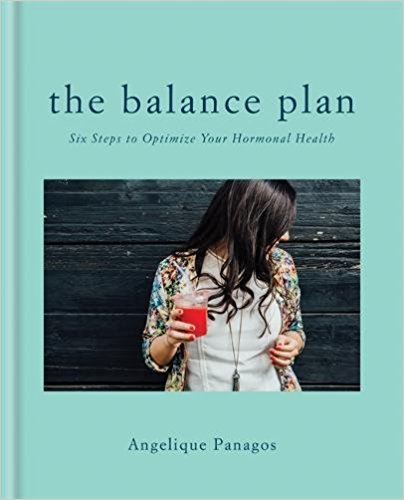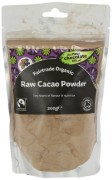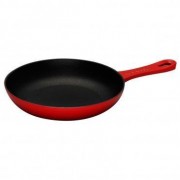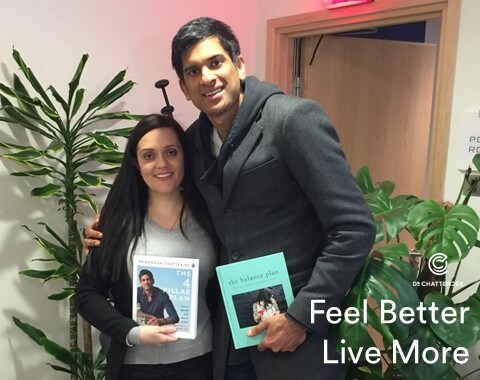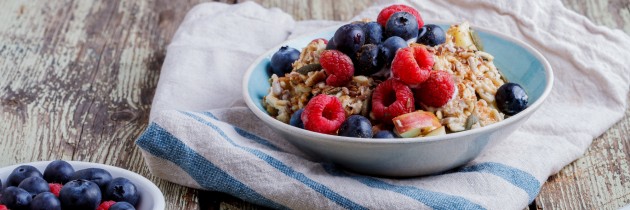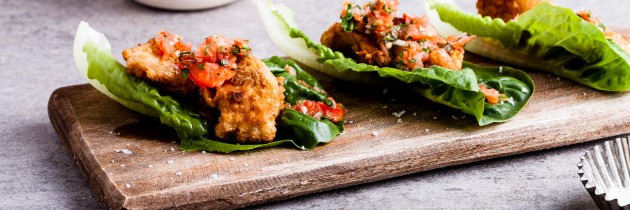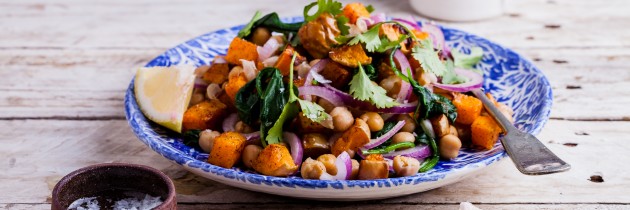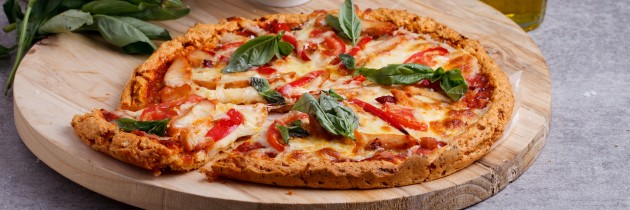Can I eat sugar and still be healthy?
As a nutritionist, I get asked the question a lot in my London clinic! Is sugar bad for your health? I was interviewed on my thoughts about sugar and health, here is a short clip of that interview. I have also written an article about whether you can eat sugar and be healthy.
Video transcription
Absolutely, I mean, it’s totally in the media at the moment. Everyone is talking about it. If they’re not talking about it, they’re writing about it or they are thinking about it. But sugar has a total adverse effect on our health and if we look back, let’s say thousands of years ago when we started bringing all this sugar into the diet, because that was not how we were in the hunter-gatherer, or in the Paleolithic times, we didn’t eat so much sugar. But if we look back to when we started bringing sugar into the diet, a lot of things have increased: Obesity, “diabesity”, which is diabetes and obesity together, heart disease, anxiety, people’s hair falling out, infertility. There are just so many things and, of course, the main thing that everyone always associates with sugar is the weight gain as well.
So, yes. Sugar is bad for us, and the amount of sugar that we are eating currently as humans is just truckloads of the stuff and the hidden sugars are incredible too, but we really have to expand our knowledge about what sugar actually is. So, it’s not just the white crystallized stuff that we put in tea, coffee on porridge and on cereals. It’s really hidden in everything that’s white, sweet and fluffy. So white bread, white pasta, white flour, white sugar, brown sugar, and all of these sources that we get and from all these ready-made foods that are on the market today.
So, there’s a lot of research at the moment is showing that we are eating ten to twenty times what we were eating before. So they have tried to give us a healthy limit of how much sugar to have and that’s about fifty grams per day for females and seventy for males. If we equate that back to teaspoons, we probably looking at nine for men and seven for females. But we are eating so much more than that and we can start just by looking at breakfast. We have sugar laden, cereal and then we may have sugar in our tea or coffee, and then we have an eleven o’clock biscuit, and then we have a sandwich for lunch and processed foods and then the afternoon pick up, pick me up of the chocolates. All of these types of things are just adding up sugar so we are going way over what is recommended as the total up of the limit we should be having.
I definitely think it needs a lot more attention. When we eat sugar, it actually works on the opiate receptors in the brain. So it’s as, or even more addictive than cocaine. For example, with cocaine we stimulate one section of the brain. Sugar lights up that whole addiction center like Oxford Circus, Christmas lights you know, it’s all twinkly and all bright and we actually get really addicted to that. So, when we don’t have sugar we have the typical withdrawal symptoms; headaches, irritability, jitteriness, our blood sugar has been sent into this total roller coaster that when we don’t have sugar we really hit those lows and people don’t understand what’s going on but, it’s actually that addiction or that withdrawal to sugar. So there has to be a social responsibility taken somewhere. Somewhere when we are looking at the tycoon supermarkets, when we are looking to the government regulations, someone has to take a social responsibility as to why we are eating so much sugar and why is allowed.
It’s really difficult to get off of sugar. But I say the key things to do is to plan ahead, to know what you are going to be eating, and if you are going to be eating food, go for whole foods. If you are going to be eating out, choosing a variety of whole foods, It’s actually difficult in today’s days when there are loads of processed foods around. First of all, start a diet of whole foods and if you are having the processed foods, look at those labels at the back. Anything showing twenty-two grams of sugar per 100 grams it’s laden with sugar, so avoid those. Anything that has about five grams of sugar per hundred grams, that’s of your lower end so that would be the better one to choose, out of the two. And then, know your names of sugar as well. Because sugar isn’t just sugar on the packet. It’s dextrose, it’s molto dextrose, it’s maltose, it’s honey, it’s corn syrup. There are so many different names that you have for sugar. So if you are reading an ingredient and starts with sugar and then glucose and then corn syrup, it’s basically three different types sugar right in there. And the closer is at the beginning of the ingredients list that would be the higher level in the food.
And then bringing in a lot of other foods, almost out crowd the sugar. Make sure that you’re getting in all your portions of vegetables and your fruit, making sure you have good quality protein. If you feel that you are really craving that sweet after food then, increase your protein and the fat content of the food. Maybe add a bit of olive oil or some avocado to your food, so that we can reduce that craving for sugar as well. Even adding up a bit of cinnamon into your porridge in the morning. That will help to reduce those sugar cravings.

